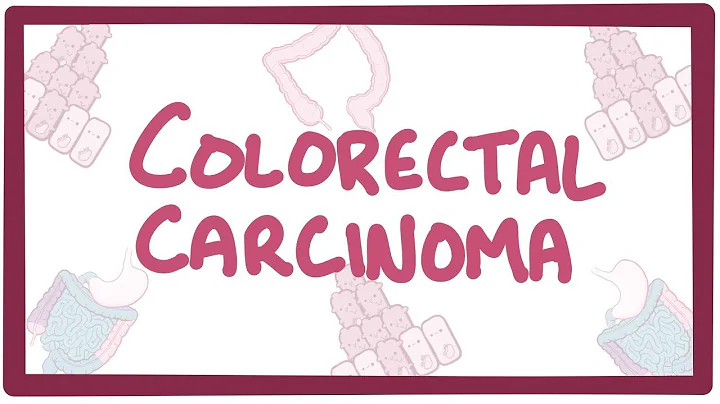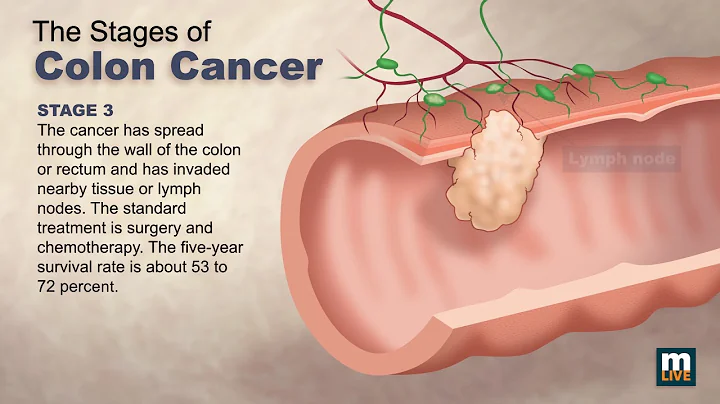Lung cancer, breast cancer, and colorectal cancer are the three most popular cancers in the world, accounting for approximately 35% of the total new cancer cases. Lung cancer, liver cancer and gastric cancer are the three types of cancer with the highest mortality rate, causing a total of 3.1 million deaths. Disease prevention is better than cure, so how to prevent cancer?

1. Do not hold back urine. Research has found that the occurrence of bladder cancer is related to a person's drinking water and urination habits. Data shows that people who urinate five times a day are more likely to develop bladder cancer than those who urinate more than six times a day. This is mainly because drinking less water and holding urine for a long time can easily concentrate the urine. The urine stays in the bladder for a long time. The chemicals in the urine stimulate the mucosal epithelial cells and cause cancer. Drink plenty of water and urinate frequently to "flush" your bladder and eliminate the effects of harmful chemicals.
2. Smoking cessation At present, smoking has become a serious threat to human health and a serious threat to human health. According to a comprehensive research report, the cancer incidence rate among smokers in the United States, the United Kingdom and Canada: lung cancer deaths among smokers are 10.8 laryngeal cancer deaths 5.4 times that of non-smokers. A report from the U.S. cancer authority points out that bad living habits account for 35% of cancer-causing factors, smoking accounts for 30%, and the two together account for 65%. Smoking is very harmful to the fetus. If pregnant women smoke, their children will be 50% more likely to develop cancer in the future. In view of this, paying attention to the prevention of the above-mentioned links can keep most people away from cancer. It is very important for everyone to start from themselves. Smoking is extremely dangerous for people of any age and can lead to cancer.
3. Exercise more. Life lies in exercise. This sentence emphasizes the importance of exercise to life and health. According to sustainable research, the latest discovery is that exercise is the enemy of life - and cancer has a significant preventive effect. Of course, the exercise mentioned here is negative ion exercise, which means increasing the inhalation of oxygen through physical activities to achieve the purpose of health care and physical fitness.
4. Eat more raw radishes. Many people know that a drug called "interferon" is often used in hospitals. It is a glycoprotein produced by the body's own white blood cells , which can inhibit the rapid division of cancer cells in the body. However, the human body produces very little interferon , so scientists developed " interferon inducer ", a drug that stimulates and induces the body to produce more interferon. In the daily diet, there are also some foods that can induce interferon, the best of which is white radish. Studies have shown that the active ingredient of interferon inducer can be isolated from radish - double-stranded ribonucleic acid has a significant inhibitory effect on cancer cells of esophageal cancer, gastric cancer, nasopharyngeal cancer and cervical cancer . However, since this active ingredient is not heat-resistant, if it wilts after cooking, it will be damaged during the heating process, so eating raw radish is beneficial to preventing cancer.
5. Restrict high-fat diet Studies have shown that a fatty diet significantly increases the incidence of colon cancer and breast cancer compared with a low-fat diet . A high-fat diet is a promoter of cancer cells. The goal of cancer prevention is to reduce the occurrence of cancer. It includes reducing exposure to carcinogens, changing diet and lifestyle habits, or improving medical technology (early diagnosis and treatment, ultrasound , examinations such as MRT or CT scans). Many cancer prevention ideas are based on epidemiological research. By analyzing patient data, we can find that lifestyle or exposure to some environmental risk factors is indeed associated with the incidence of specific cancers. There is growing evidence that cancer incidence and mortality can indeed be reduced based on recommendations from epidemiological studies. For groups at high risk of cancer, if there is a family history or environmental pollution (such as radiation sickness groups), in-depth and careful examination and analysis can be carried out, and preventive drugs can be taken. People who are determined to have cancer-related gene mutations can undergo preventive surgery. Reduce the chance of cancer.
6. Selenium - the king of anti-cancer. Scientific research has found that blood selenium levels are closely related to the occurrence of cancer. A large amount of survey data shows that the selenium content in a region's food and soil is directly related to the incidence of cancer. .Selenium adjuvant therapy is currently very common in cancer treatment. Commonly used selenium supplements include New Treasure, Selenium Weikang, etc.
7. Tomatoes and Broccoli can double the cancer prevention
Many domestic and foreign studies have confirmed the anti-cancer effects of tomatoes and broccoli. Among them, a study by University of Illinois found that lycopene in tomatoes can prevent cancer. If you eat it with broccoli, it has stronger anti-cancer effects. John Edelman, leader of the research team, said: "If you eat these two foods alone, you can show strong anti-cancer potential. Eating them together can fully exert their effect and maximize the anti-cancer effect."
8. Check for cancer regularly (colon cancer, breast cancer, prostate cancer, uterine cancer, skin cancer, etc.) and ask your doctor about the age and time interval requirements for physical examinations. Catching cancer early increases the likelihood of cure and reduces the chance of death.
9. Controlling drinking means no more than two beers a day for men and one beer a day for women. At the same time, ensuring that the human body drinks the minimum amount of drinks every day does not mean that people can accumulate a week's worth of drinks on weekends and evenings.
10. Protect skin from sunlight. Use sunscreen every time you go out, or wear a wide-brimmed sun hat and sunglasses.
11. Control your weight within the normal range according to your height, which means that your weight is in line with body mass index (BMI).
12. Avoid menopausal hormone therapy. If your body requires hormone intake, you must limit hormone intake for 5 years.
13. If you think you need medication, it is best to consult a doctor first, which can reduce the risk of cancer. Currently, there are several medications that are effective in reducing the risk of cancer.






















